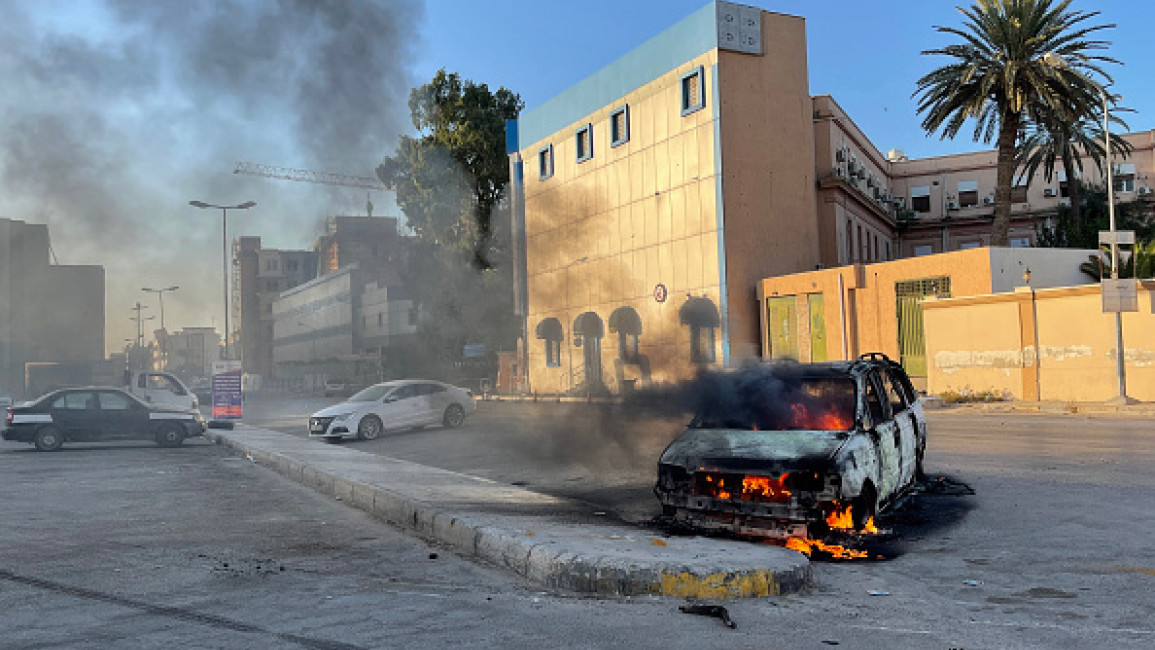Libya under 'fragile calm,' but risk of violence remains: UN
There is potential for new violence in Libya, a United Nations official said Tuesday, as the country faces delays in moving toward elections.
Rosemary DiCarlo, under-secretary-general for political and peacekeeping affairs, told the Security Council she was worried about Libya's security situation.
"I am deeply concerned that the ongoing stalemate and continued delays in implementing the electoral process pose a growing threat to security in and around Tripoli, and potentially to all Libyans," she said, adding "that threat materialised a few days ago".
Heavy gunfire and shelling broke out last week in several neighborhoods throughout Tripoli, leaving 32 people dead. The clashes were blamed by rival prime ministers Abdulhamid Dbeibah and Fathi Bashagha on each other.
"This appeared to be another attempt of pro-Bashagha forces to enter the capital from the east," DiCarlo said, but explained that those efforts were blocked by pro-Dbeibah forces.
Since then, "the situation remained tense and fluid," DiCarlo said.
"A fragile calm has since prevailed in Tripoli; it is unclear how long it will last," she said, warning of the potential for "retaliatory attacks by both sides" and possible arrests to re-ignite tensions.
Given those circumstances, several members of the Security Council have called for the quick nomination of a new head of the UN's mission in Libya, since previous emissary Jan Kubis left the position abruptly in November.
According to several diplomatic sources, the Security Council has agreed to appoint Senegalese Abdoulaye Bitali, though the Libyan government has indicated reservations.
No official announcement has been made on that by UN Secretary General Antonio Guterres.
Due to that vacancy, the country's UN mission is currently only under renewal for a period of a few months, with Russia demanding the nomination of a new envoy before any further extension.
Dbeibah's Government of National Unity, which he has run since last year and which controls the western part of the country, has been based out of Tripoli of since the fall of Muammar Gadhafi regime in 2011, while military strongman Khalifa Haftar-backed Bashagha has run the eastern part of the country since March.



